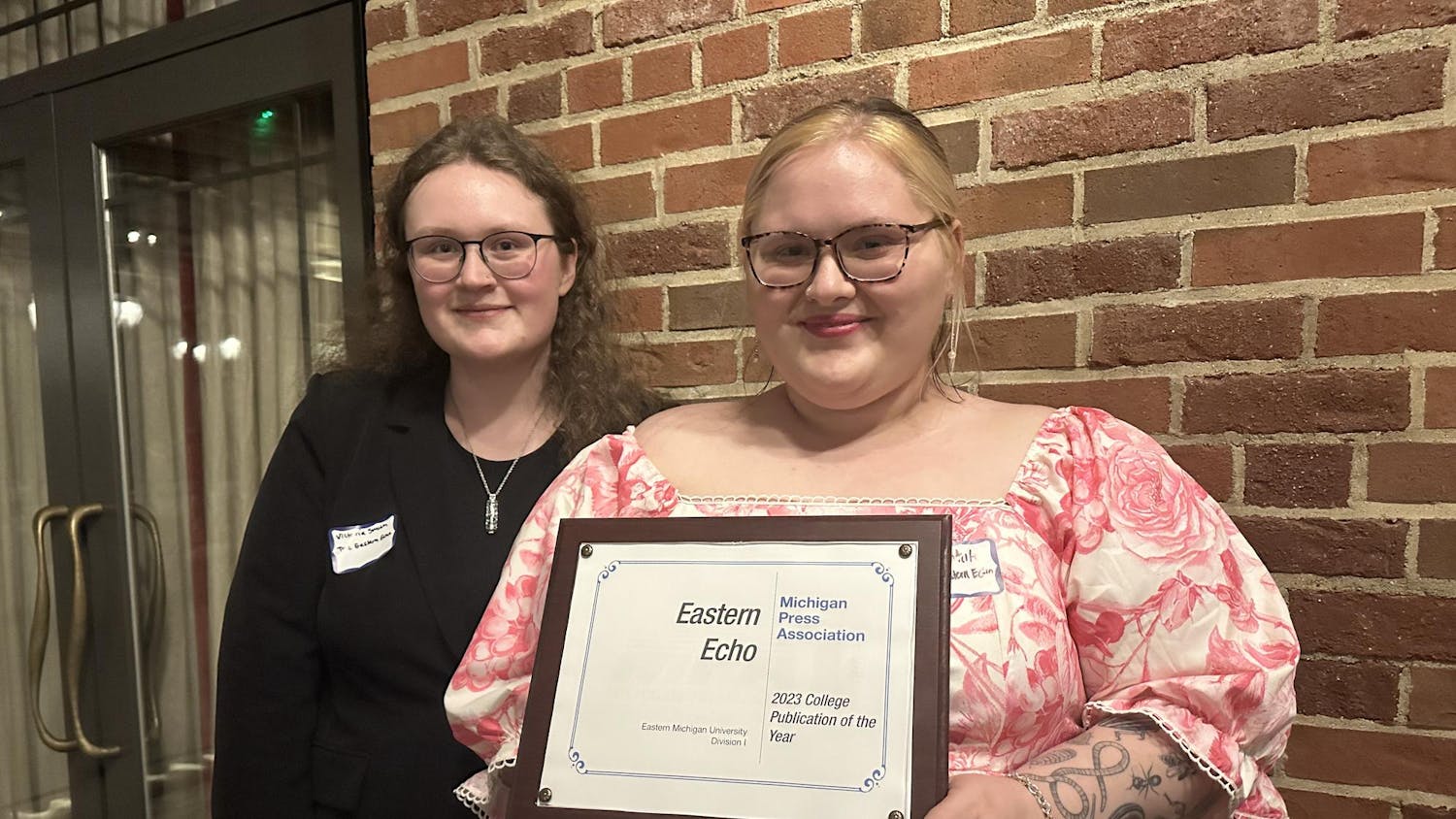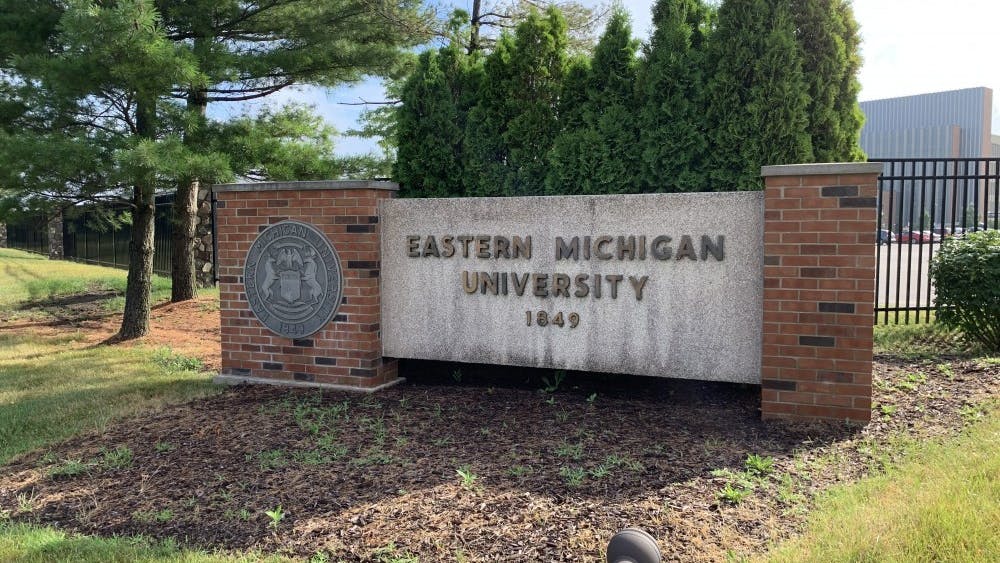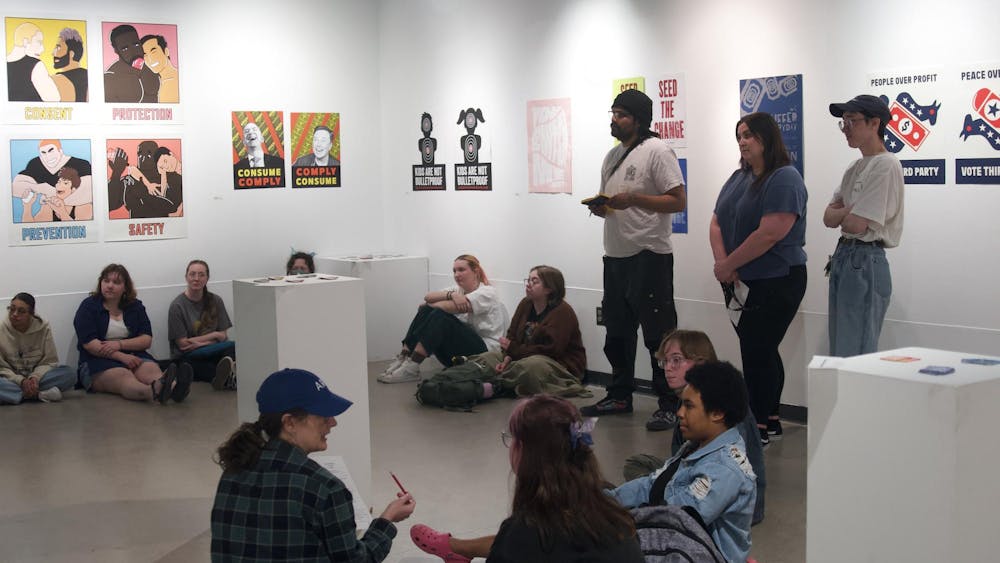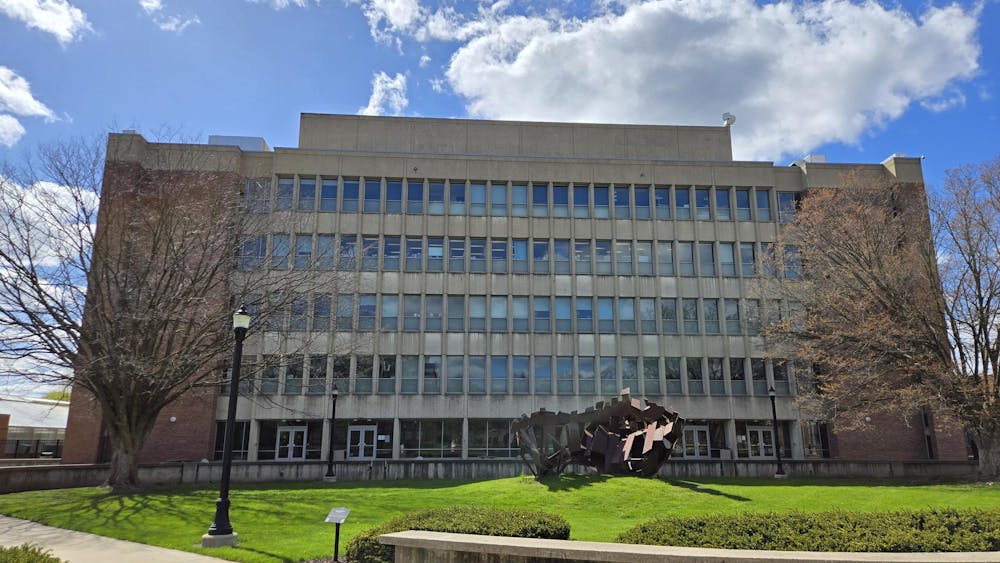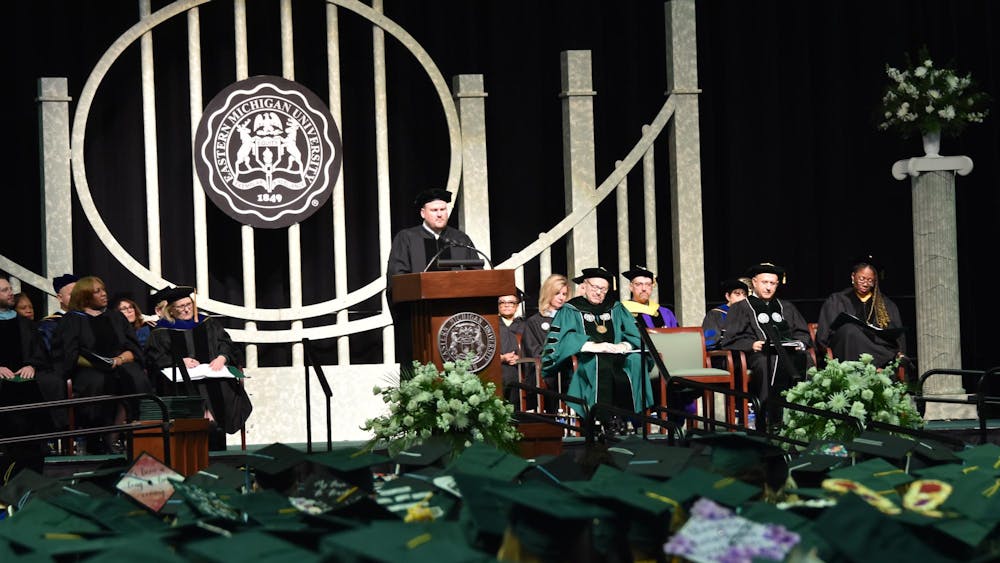Miami — For the new school year, Ramil Anonuevo got a new backpack on wheels. He borrowed books to get a head start.
And he found a study buddy: his 11-year-old son, Aaron, who joins him at the dinner table.
Anonuevo, 42, just started an accelerated nursing program at Miami-Dade College. In a year, he should have his degree — and a new career.
Adults in their 30s, 40s and older are heading back to the classroom in the hopes of changing career paths. They are sales managers, firefighters, research consultants and journalists. They hope to become nurses, priests, lawyers and teachers.
For some, going back to school is a chance to meet a personal goal, reinvent themselves or answer a spiritual calling. For others, like Anonuevo, the extra education is a way out of the recession.
In his native Philippines, he earned an accounting degree and worked in government administration. Soon after he arrived in Miami in July of 2008 with his wife and two sons, the economy cratered and left him looking for jobs in Publix grocery stores.
He had no luck and considered going back to the Philippines. But his wife didn’t want the family separated, and his son Abraham, 17, was winning math awards in school.
So Anonuevo decided to hit the books and become a nurse — like his wife.
“I decided I should enroll in a field that is recession-proof,” Anonuevo said.
At Miami-Dade College, one of the nation’s largest institutions, a third of the students are 26 years old or older. Rene Garcia, director of enrollment at college, said there is a link between the economy tanking and people going back to school.
“It’s ‘Gee, I got whacked from my job. Now I have the opportunity to do something else,’ “ Garcia said.
Hot job areas include nursing and other health programs, business, education and areas within computer technology, Garcia said.
University of Florida economist David Denslow said community colleges in particular see increased enrollment because they can quickly hire faculty to teach in-demand fields and offer late-night and weekend programs.
But does going back to school pay off in the long run? That depends on the field.
“If you go back for additional training in literature, it does a lot of good intellectually and personally, but not necessarily financially,” he said. “If it’s in an area like math or technology, science or nursing, those pay off.”
Those areas can yield pay increases on the order of 15 to 20 percent, Denslow said.
For adult students, there can be unique challenges: juggling family life, working, taking on debt.
“It’s not the same from when I was younger. You have a sharp mind, you can memorize things faster. Now I tell them, ‘Give me more time,’ “ Annnuevo said. He recently won a scholarship from MDC for students who previously held supervisory positions, have strong GPAs and are retraining for a new profession.
College administrators say adult students often come with strong determination and wisdom from life experiences.
“It’s easy to find a reason to put off education. If you don’t do it, you’ll just put it off again and again,” said Alex Acosta, dean of Florida International University College of Law.
For some students, an extra degree serves several purposes. Hialeah (Fla.) High teacher Ana Soto, 30, just completed a master’s degree in history and plans to attend law school next year. She said she’s concerned about the specter of legislation that does not compensate teachers for advanced degrees or professional development.
Her goal: “to enhance my teaching of the law at the high school level but also to have a back-up if I decide to leave education.”
Not everyone changes careers because of the economy.
Take Lori Eshelman, 31. She earned good money as a research consultant with Fortune 1000 companies in Latin America. The problem: Her job kept her traveling 90 percent of the time.
“I put a lot of thought into what kind of lifestyle that I wanted to have,” she said.
Now she’s a second-year law student at Florida International University and has a dog, Moose, a three-year-old chocolate Lab.
Or consider Maureen Darmody, 54. She freelanced as writer and editor while she raised her three children and moved from city to city for her husband’s career with the U.S. Coast Guard. With her children in their teens and 20s, she wanted to use her skills again. An alternative path — teaching not journalism — called her.
“I loved reading to children, and I loved teaching them,” she said.
Her kids joked when she pulled long hours in front of the computer but supported her. Now Darmody is one class away from finishing MDC’s Educator Preparation Institute, an accelerated program for people who have a bachelor’s degree.
Some career changers answer a higher calling — to serve as a priest or spiritual minister.
St. John Vianney College Seminary has seen increased enrollment in recent years and is nearly at capacity. Among the 69 students, there are former teachers, journalists and a 47-year-old who worked as an art authenticator. Elkin Sierra, 46, is considering becoming a priest after being a firefighter for 21 years.
The common denominator: “The priesthood is a service-oriented way of life,” said the Very Rev. Roberto Garza, the seminary’s new director.
“You may have different tastes and likes, but we’re here to serve.”

